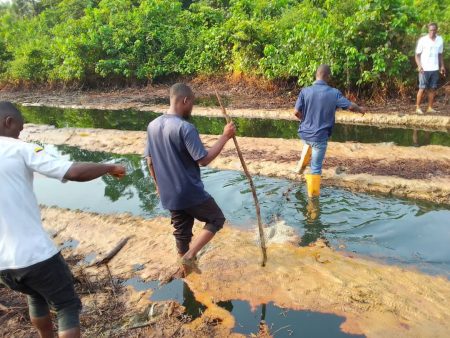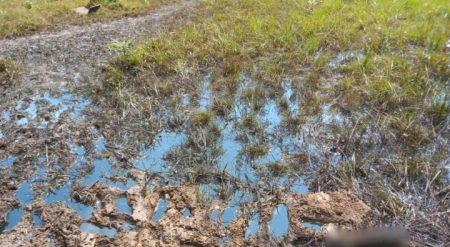
…how cap deal compliance dropped to 80% because of Nigeria
OpeOluwani Akintayo
25 July 2017, Sweetcrude, Lagos —Nigeria was ‘forced’ to join the Organisation of Petroleum Exporting Countries, OPEC’s, cap deal so soon due to complaints from other OPEC and Non-OPEC producers, Sweetcrude Reports has learnt.
According to an investigation, Nigeria would not have been asked to cap production but for naggings from other producing countries which dropped compliance to the deal to 80 percent.
Both Nigeria and Libya were exempted from the deal at the beginning.
Nigeria got an exemption bargain due to vandalism in the Niger Delta which had crippled its production in the Niger Delta, while Libya was off due to political unrest in the country.
At the meeting in Russia on Monday, OPEC said it would monitor Nigeria’s crude oil output and ask it to cap once it reaches 1.8 million barrels per day in the coming weeks.
Nigeria’s production is presently at 1.7 million barrels per day.
OPEC with several non-OPEC producers led by Russia agreed to cut oil output by a combined 1.8 million barrels per day (bpd) from January 2017 until the end of March 2018.
Although the cut deal had boosted oil price above $58 a barrel in January however, prices soon slipped to between $45 and $50 range.
According to June’s data, compliance with the deal was above 90 percent.
However, because Nigeria had kept pumping in other to recover its losses, countries like Iraq, Iran, and United Arab Emirates (UAE), were said to have started increasing production.
Even Saudi Arabia’s production data for June increased as a result of Nigeria’s increasing production.
Saudi Arabia told OPEC it raised output by 190,000 bpd to 10.07 million in June, higher than 10.058 million limit set last year.
“Compliance with the deal higher at the beginning but once Nigeria started recovering and boosting oil price, it dropped to 80 percent. Because Nigeria kept increasing production, the country had issues with Saudi Arabia- we weren’t on speaking terms. And others who were included in the cuts started faulting and grumbling, asking that Nigeria should be included,” our source said.
The move to ask Nigeria to cap did not happen the same way for Libya.
The committee did not ask Libyan to cap as it said its production was unlikely to exceed 1 million bpd in the near future compared to its capacity of 1.4 million-1.6 million bpd before the political unrest in 2011.
Immediately the Nigeria’s cap was announced on Monday, Brent oil prices rose about 1 percent at about $48.50.
Saudi Arabia’s Energy Minister Khalid al-Falih, also immediately announced that the country’s exports would fall to 6.6 million bpd in August as demand at home was rising, effectively representing a cut of 1 million bpd year-on-year.
Sweetcrude Reports also found out that Nigeria could be invited again, to the Extraordinary Conference of the 24 producing countries holding in September, and could be asked to cut.
“Yes, Nigeria just has to comply with the cap deal because clamours were coming from everywhere. We were the target and not Libya. And if care is not taken, the country would be invited to the EC 24 meeting and would be asked to cut,” our source added.



